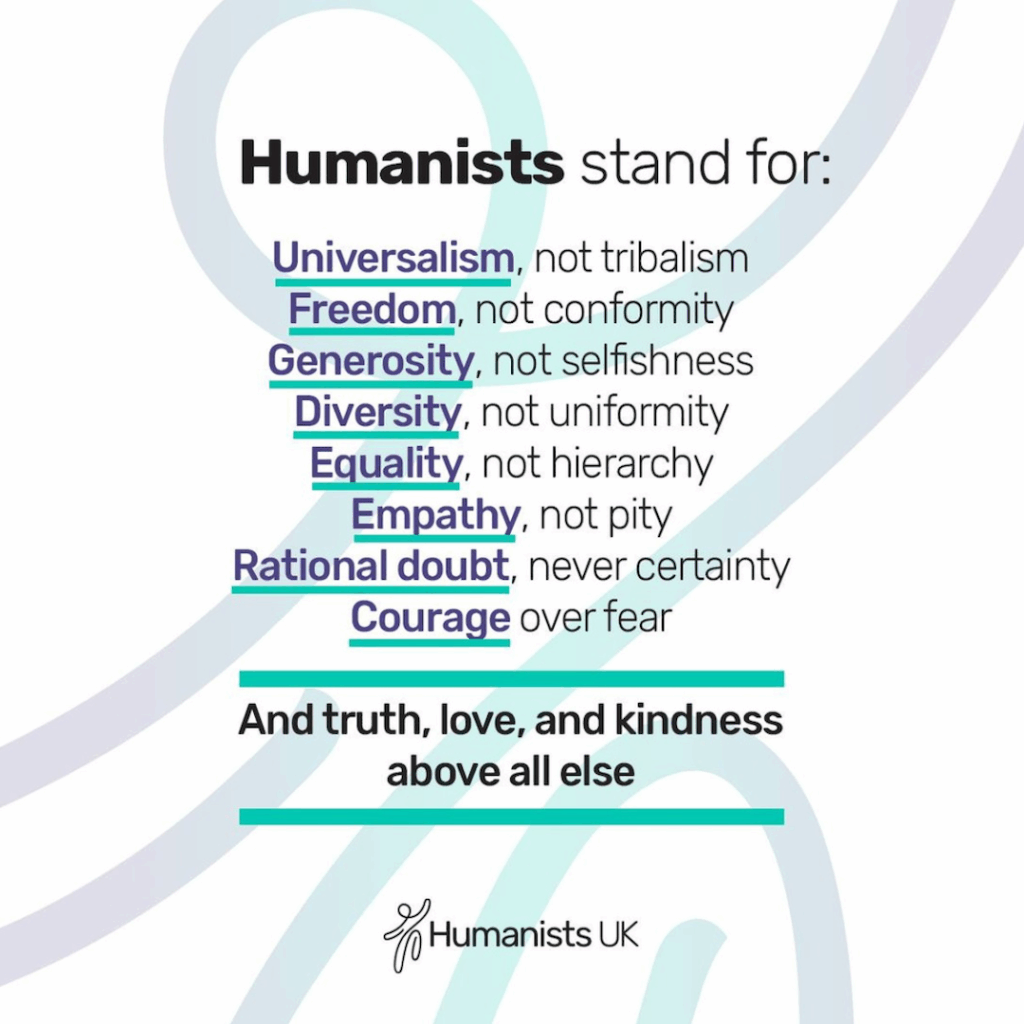The #dotcons are designed for greed and selfishness, everything about them feeds this and in turn feeds off this. This is coded into them and thus cannot be simply fixed, the problem we need to look at now is that we cannot reboot alternatives by simply copying them in #FOSS as we have done so far in the #Fediverse. This worked well for the first step, for the next step we need to move past simply copying the current #mainstreaming mess. The next step needs to be “native” to the #4opens path that we have started down. Let’s thank the people who copied, give them the gifts of statues and security, they did us all a service, they deserve thanks for this not hatred.
Designing for community, unlike the dotcons, which encourage individualism and competition, new networks to balance this need to prioritize community and collective action. Features that encourage collaboration, mutual aid, and the sharing of resources, rather than self-promotion and accumulation of followers or likes. Embracing the #4opens guides every aspect of this technological path and coding development, to ensures that the platforms remain transparent, accountable, and adaptable, rather than fallback in to being driven by profit motives and the resulting feeding of “common sense” #stupidindividualism
There are meany ways out of this mess, one is that rather than simply copying the features of the dotcons, we can learn from different paths, histories, for example what works in the unsung world of grassroots activism. This has been at the central to the of liberalism over the 20th century, these activist traditions won all our social rights we now take for granted, though yes, we do need better “songs” on this path to motivate people.

Let’s have a deeper look at this mess, the dotcons, centralized platforms like Facebook, Google, and Twitter, are built on principles of greed, selfishness, and the relentless pursuit of profit. These platforms thrive by exploiting people’s data, feeding addictive behaviours, and amplifying divisions. Their design is rooted in extracting value from people and communities while feeding the addiction, giving back only enough to keep people in their flow, this extraction is hard coded in their architecture. With this knolage we can understand that they cannot be “fixed” by merely tweaking their features or policies. The problem is systemic, and attempts to create alternatives by simply copying their models in Free and Open Source Software (#FOSS) falls short of addressing this.
We collectively need to breaking free from our use of the dotcons, yep, this is already well underway, through initiatives like the Fediverse, which attempts to decentralize control and return power to us. While this is a commendable effort and important, it’s still a replication of existing social media structures with a different, more #4opens model. But we need the next step, to create a sustainable and humanistic alternative, we must go beyond imitation. We need to build code bases “native” to the values embodied in the #4opens: open data, open source, open standards, and open processes.
This means avoiding venture capital funding, the same profit-driven dynamics that plague the dotcons. Instead, we should explore, affinity group and more formal cooperative ownership models, crowdfunding, and other forms of collective investment. When moving out from the current path, it’s important to recognize the pioneers in the reboot of our networks, to acknowledge and thank those who have worked hard to replicate the dotcons in FOSS, in the #Fediverse. These efforts have laid the groundwork for the #openweb and demonstrated that alternatives are possible. They deserve recognition and security for their contributions, as they have provided a needed first step in this journey.
After thanking these people and groups, we need crews to move forward the humanistic adventure in social technology who remember our history to act collaboratively. It’s not just about building new #FOSS tools, but about remembering the “native” ethos of online interaction, prioritizing human well-being over corporate profit, and collective empowerment over simple individual gain.
The #OMN (Open Media Network) is on these path to create a decentralized network of open media to empower people and communities. This radical journey will not be easy, but it is necessary. Who will join in this adventure? This is not fully mapped out, the is creative space to grow from the history of what has worked for the last few hundred years.
We need real alternative to the last 20 years of toxic #dotcons culture and capture https://opencollective.com/open-media-network